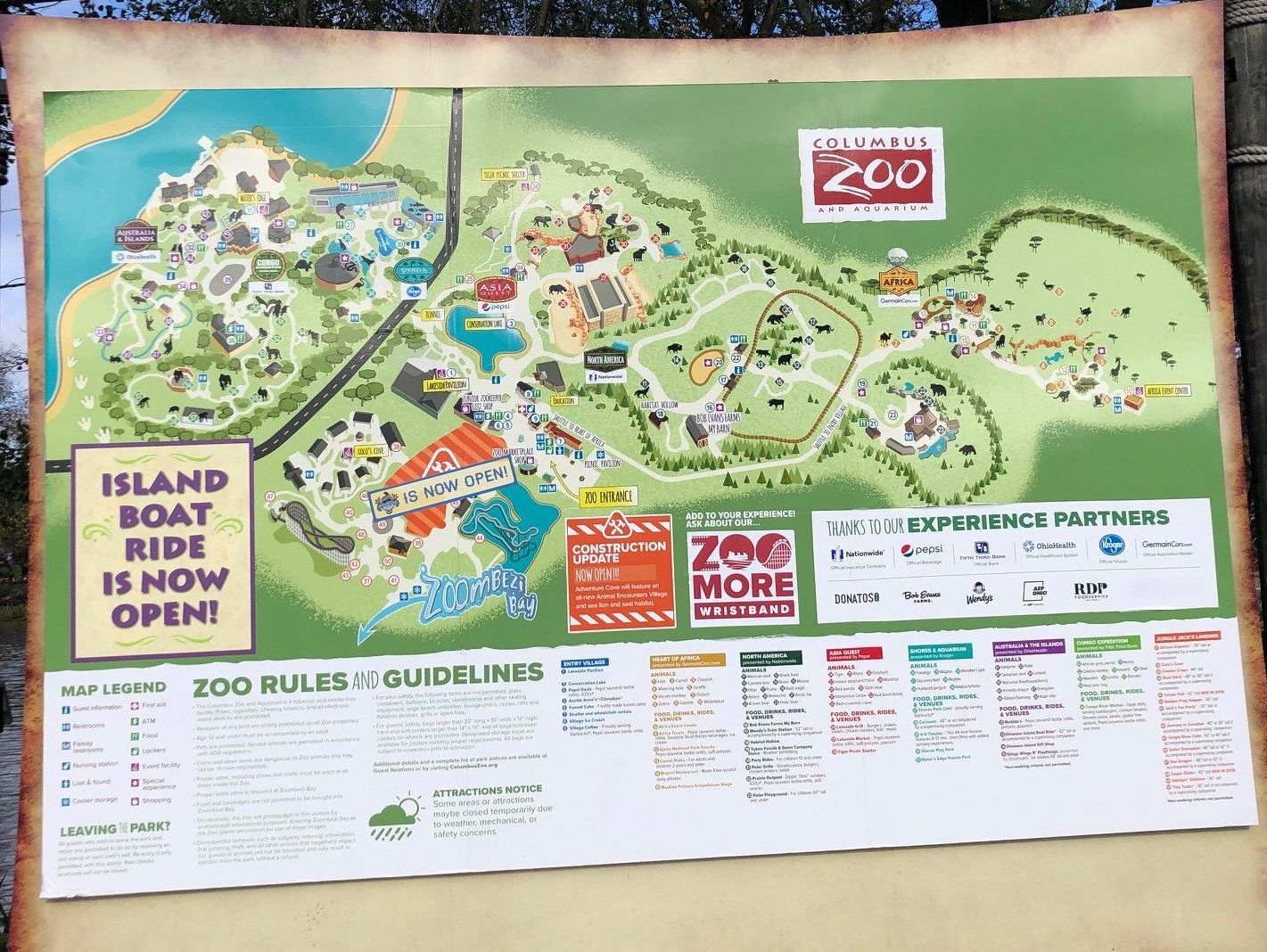

Isabelle, or "Izzy," has the distinction of being the surrogate mother to the world's first cheetah cubs - a male and a female - born using in vitro fertilization and embryo transfer in February 2020. At the end of 30 days, she will return to her home in the Heart of Africa. The cheetah, who is up to date on her vaccinations, will be placed in a 30-day quarantine to ensure that she does not show signs of illness, required by the Delaware County General Health District.

This is Isabelle's first documented attack, Rapp said. Rapp described Isabelle as “an incredibly well-trained animal" who has been trained to cooperate with ultrasounds, X-rays, blood draws and other medical procedures in order to minimize the use of anesthesia. Zoo officials did not identify the zookeeper or the extent of their injuries, citing privacy laws. “Right now we’re just trying to iron out exactly what happened,” said Suzi Rapp, the zoo's vice president of animal programs. Yesterday, for the first time, Ruth and the cubs were rolling around and playing.Zoo officials are investigating the cause of the attack but believe it was the scent of the other animals on the keeper that triggered Isabelle's natural instinct to attack. Reh and Ro seem to prefer Reese so far, but that might be because Reese has been there longer, Rapp said. The cubs and the puppies are friendly to one another without quite being buddies yet. Updated 4:22 AM ET, Fri MaThe Columbus Zoo and Aquarium (CNN) A keeper at the Columbus Zoo and Aquarium is recovering after being attacked by a cheetah on Thursday, according to a. “Just because they are being raised with dogs doesn’t mean they will act like dogs.” “Like it or not, they are wild animals,” Rapp said. Reh climbed on top of a Dispatch photographer’s head while the photographer was on the ground, trying to snap Ro. They’ve been scratching holes in the office’s couch.

There’s no mistaking what they will become. They might grow larger than 100 pounds, but it’s hard to see that now. Reese and Ruth are still tumbling, floppy puppies, not quite secure in their bodies. Yesterday at the zoo, they didn’t act like it. They are two days older than Ro and Reh, who are 10 weeks old. A couple of weeks after the cheetahs arrived in Columbus, Reese the puppy did, too. The zoo found a farm in Alabama that raised the dogs. If Ro went on a trip, his dog friend would come with him.Īnd besides, Rapp said, it would allow the zoo to tell the story of cheetah conservation and Anatolian Shepherds wherever they went. It was thought that if the Columbus Zoo paired Anatolian Shepherds with the baby cheetahs, Ro and Reh would never be alone. Rapp said zoos sometimes raise cheetahs alongside dogs, because cheetahs can be shy and nervous, and dogs help them feel more secure. By keeping the cheetahs away, the dogs save the cheetahs’ lives. To protect them, the international Cheetah Conservation Fund has worked with the farmers to place Anatolian Shepherd dogs to guard the livestock. She needed to find them some friends.Ĭheetahs are a threatened species, but in Namibia, farmers kill them for attacking livestock. Females like being by themselves, but Ro and Reh would always get lonely without each other, she said. She has raised cheetahs and knows about their personalities. Suzi Rapp, the zoo’s director of promotions and animal encounters, saw that right away. Ro and Reh, born at the Cincinnati Zoo, hate to be apart, though. The brothers would live together, but one might go with Jack Hanna for an appearance on a national television show, while the other might visit local schools. The zoo named them Ro and Reh (pronounced Ray), and decided that they could be used best not for display but for education and to promote cheetah conservation. Two baby cheetahs, brothers, came to the Columbus Zoo about six weeks ago.


 0 kommentar(er)
0 kommentar(er)
